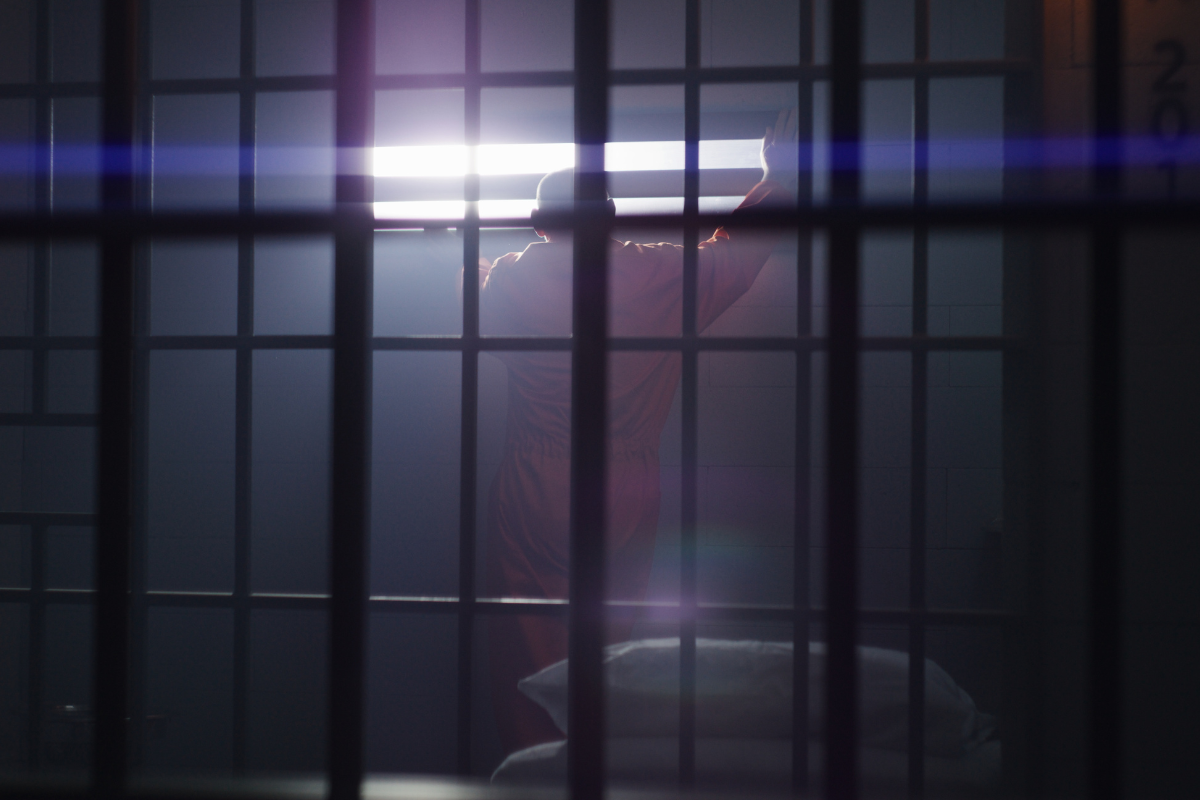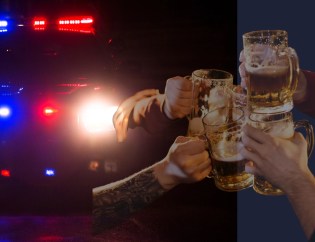
Facing a charge for 1st DWI (Driving While Intoxicated) can be a frightening and confusing experience. Your mind likely races with questions about the future: What happens now? Will I lose my license? Will I have to go to jail? This last question is often the most pressing concern for anyone facing their first DWI offense in Texas. The short answer is complex, as Texas law sets out a range of potential punishments, but the outcome often depends on the specifics of your case.
This guide will break down what you need to know about a first-time DWI in Texas. We will explore the potential for jail time, the range of other penalties you might face, and the factors that can influence a judge’s decision. Understanding the legal landscape is the first step toward building a strong defense, and navigating this process requires skilled legal counsel.
Understanding a First-Time DWI Offense in Texas
In Texas, a first-time DWI is typically classified as a Class B misdemeanor, provided there are no aggravating factors. The legal definition of intoxication is not having the normal use of mental or physical faculties due to alcohol, a controlled substance, a drug, or a combination of these. It also includes having a blood alcohol concentration (BAC) of 0.08% or higher.
While the "first offense" designation may sound less severe, Texas courts and prosecutors take all DWI charges very seriously. A conviction can lead to significant penalties that impact your freedom, finances, and future.
So, Is Jail Time Truly Mandatory?
For a standard first-time DWI, Texas law mandates a minimum jail sentence of 72 hours. However, the full range of confinement for a Class B misdemeanor is between 3 days and 180 days.
Here is the crucial point: an experienced attorney can often negotiate alternatives to jail time. The mandatory minimum can sometimes be satisfied through different arrangements or even waived as part of a plea agreement. For example, a judge might "probate" the jail sentence, meaning you will not have to serve it as long as you successfully complete the terms of your community supervision (probation).
So, while the law includes a minimum jail sentence, it is not an absolute that you will spend time behind bars. The outcome is heavily dependent on the quality of your legal representation and the details of your case.
Factors That Influence DWI Sentencing
Not all first-time DWI cases are treated equally. A judge will consider several factors when deciding on a sentence. Your defense attorney’s role is to present your case in the most favorable light possible, highlighting mitigating factors and challenging the prosecution's evidence.
Aggravating Factors That Increase Penalties
Certain circumstances can elevate a first-time DWI from a Class B misdemeanor to a more serious charge, increasing the likelihood and length of a jail sentence. These include:
High BAC: If your BAC was 0.15% or higher, the charge is enhanced to a Class A misdemeanor. This automatically increases the minimum jail time to 30 days and the maximum to one year.
Child Passenger: If a passenger under the age of 15 was in the vehicle at the time of the DWI, the charge becomes a state jail felony. This carries a potential sentence of 180 days to two years in a state jail.
Accident Causing Injury or Death: If the DWI resulted in an accident that caused serious bodily injury, you could face a charge of Intoxication Assault, a third-degree felony. If it resulted in a death, the charge becomes Intoxication Manslaughter, a second-degree felony, which carries a prison sentence of 2 to 20 years.
Mitigating Factors Your Attorney Can Use
An expert DWI attorney like Jacob Blizzard can present factors that may lead to a more lenient outcome. He has a track record of successful DWI case outcomes for his clients. These can include a clean criminal record, evidence of good character, proactive steps toward rehabilitation (like attending alcohol awareness classes), and a low BAC level (still over 0.08%, but not excessively so). These elements can be powerful tools in negotiations with prosecutors.
Beyond Jail Time: Other Potential Penalties
You need to know that a DWI conviction involves more than just potential jail time. The consequences are far-reaching and can include:
Fines: A fine of up to $2,000 for a Class B misdemeanor, up to $4,000 for a Class A misdemeanor, and up to $10,000 for a felony.
License Suspension: Your driver's license can be suspended for a period ranging from 90 days to two years. Your attorney can help you fight this suspension in a separate administrative hearing (ALR hearing), but you only have 15 days from the date of your arrest to request one.
Probation (Community Supervision): Many first-offense DWI cases result in probation, which can last up to two years. Probation comes with strict conditions, such as regular check-ins with a probation officer, community service, mandatory DWI education classes, and the installation of an ignition interlock device (IID) on your vehicle.
Ignition Interlock Device (IID): An IID is a device that requires you to provide a breath sample before your car will start. It is often a mandatory condition of probation or getting your license back.
Permanent Criminal Record: A DWI conviction will result in a permanent criminal record, which can affect your ability to find employment, secure housing, or obtain professional licenses.
How an Abilene DWI Attorney Can Help
The period following a DWI arrest is critical. The actions you take can significantly influence the final outcome. Attempting to navigate the legal system alone is a serious risk.
An experienced DWI attorney provides immediate, crucial support. Jacob Blizzard and his team can:
Protect Your Rights: Ensure law enforcement followed proper procedures during your traffic stop, field sobriety tests, and arrest. Any violation of your constitutional rights can be grounds for evidence to be suppressed.
Challenge the Evidence: Scrutinize every piece of evidence against you, from the reason for the initial stop to the calibration records of the breathalyzer machine.
Handle Your ALR Hearing: Fight to save your driver's license by representing you at the Administrative License Revocation (ALR) hearing.
Negotiate with Prosecutors: Work to have your charges reduced or dismissed. An attorney with a strong reputation in the courtroom, like Jacob Blizzard, often has more leverage in these negotiations.
Explore Alternatives to Conviction: Investigate options like pretrial diversion programs, which, upon successful completion, can lead to the dismissal of your charges.
Take the Right Step Forward
While Texas law does include a mandatory minimum jail sentence for a first-time DWI, it is not always a foregone conclusion. With the right legal strategy, it is possible to avoid jail time and minimize the long-term impact of a DWI charge. The most important step you can take is to secure representation from a knowledgeable and aggressive DWI defense attorney.
If you or a loved one is facing a DWI charge, do not wait. Contact Jacob Blizzard to discuss the specifics of your case. With his deep expertise in Texas DWI law, he can provide the clear guidance and powerful defense you need to protect your freedom and your future. Contact us to schedule a case review today (325) 326-5962.









